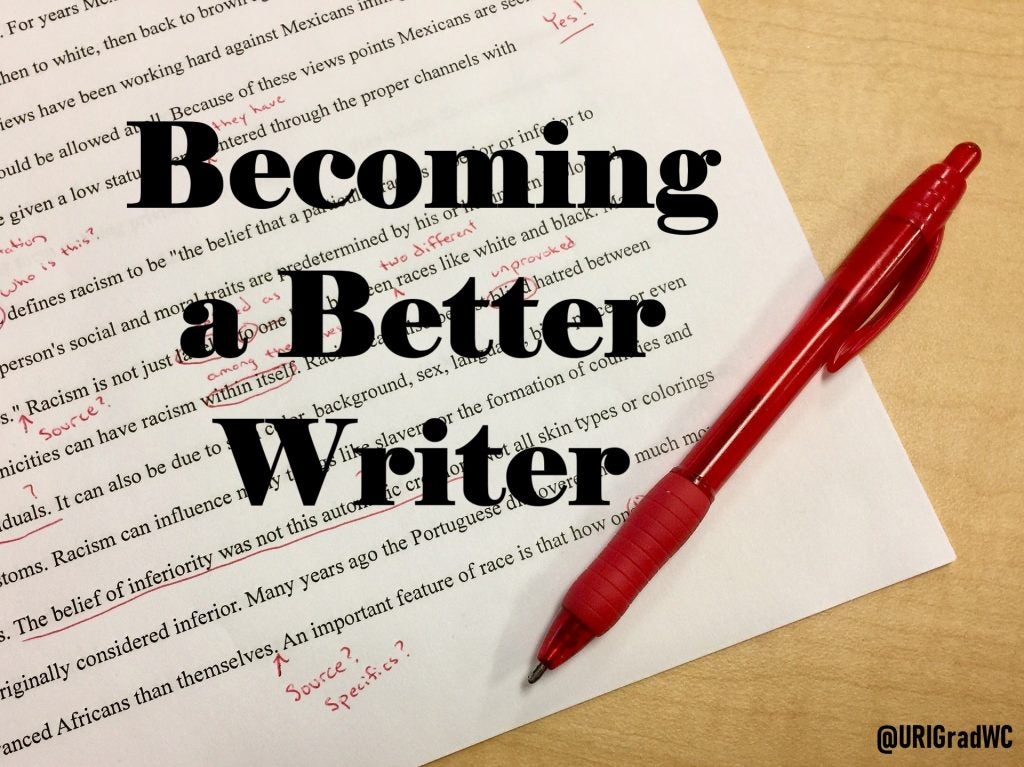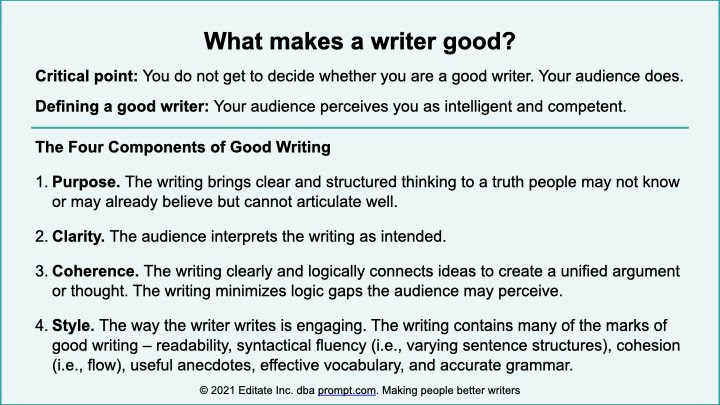How To Become A Better Writer Grammar

In today's fast-paced world, effective communication is more crucial than ever. Whether it's crafting compelling marketing copy or simply writing clear emails, strong grammar skills are fundamental to success. Improving your grammar isn't about pedantry; it's about ensuring your message is understood, respected, and impactful.
But how does one effectively hone their grammatical abilities? The answer lies in a multi-faceted approach encompassing consistent practice, dedicated study, and leveraging available resources. This article explores proven strategies to help anyone become a better writer, starting with the bedrock of clear communication: grammar.
Understanding the Fundamentals
At its core, grammar is the system of rules that govern how words are combined to form sentences. Mastering the basics is essential before tackling more complex concepts.
This includes understanding parts of speech (nouns, verbs, adjectives, etc.), sentence structure (subject-verb agreement, clauses), and punctuation.
Identify Your Weak Areas
The first step towards improvement is honest self-assessment. What grammatical concepts consistently trip you up?
Are you unsure about when to use "affect" vs. "effect," or do you struggle with comma splices? Pinpointing your weaknesses allows you to focus your study efforts effectively. Consider taking a grammar quiz online to get a clearer picture of your knowledge gaps.
Practice Makes Perfect
Grammar isn't just about memorizing rules; it's about internalizing them through consistent application. Regular writing is the best way to reinforce grammatical concepts.
Start by writing short paragraphs or journaling daily. Focus on applying the grammar rules you've been studying.
Seek feedback from others. Ask a trusted friend, colleague, or writing group to review your work and provide constructive criticism on your grammar. Tools like Grammarly and ProWritingAid can also offer automated feedback, but remember to review their suggestions critically, as they are not always perfect.
Leverage Available Resources
Numerous resources are available to aid your grammar journey. Online courses, grammar books, and websites dedicated to grammar instruction offer a wealth of information.
The Purdue OWL (Online Writing Lab) is a widely respected resource providing comprehensive grammar guides and writing tips. Consider investing in a good grammar textbook like "The Elements of Style" by Strunk and White or "English Grammar in Use" by Raymond Murphy.
"Read widely and deeply. When you read, pay attention not just to the content but also to the way the writer uses language. Notice sentence structure, word choice, and punctuation. This can help you develop a better understanding of grammar and style." - Dr. Jane Miller, Professor of English.
Focus on One Rule at a Time
Trying to learn everything at once can be overwhelming. Instead, break down the learning process into smaller, manageable chunks. Focus on mastering one grammar rule or concept at a time.
For example, spend a week focusing solely on subject-verb agreement. Once you feel confident with that concept, move on to the next one. This incremental approach will make the learning process less daunting and more effective.
Read Widely and Actively
Reading exposes you to different writing styles and grammatical structures. Pay attention to how skilled writers use language effectively.
Engage actively with the text. Highlight interesting sentence structures, note unfamiliar vocabulary, and analyze how the author uses punctuation. The more you read, the more you internalize the nuances of good grammar and writing.
The Long Game
Improving your grammar is an ongoing process. There is no quick fix or magic bullet.
It requires dedication, patience, and a willingness to learn from your mistakes. Embrace the journey, celebrate small victories, and never stop striving to improve your writing skills.
By incorporating these strategies into your routine, you can significantly enhance your grammatical abilities and become a more confident and effective communicator. Remember, strong grammar is not just a skill; it's an investment in your future success.


















